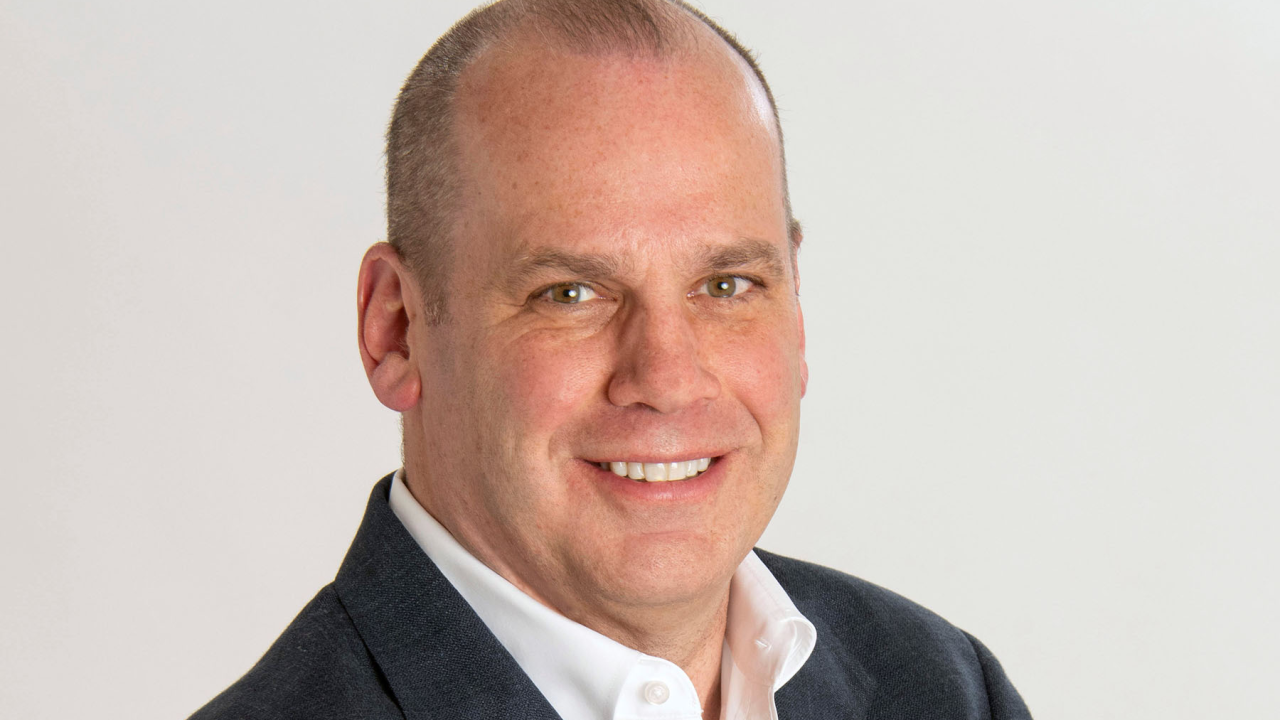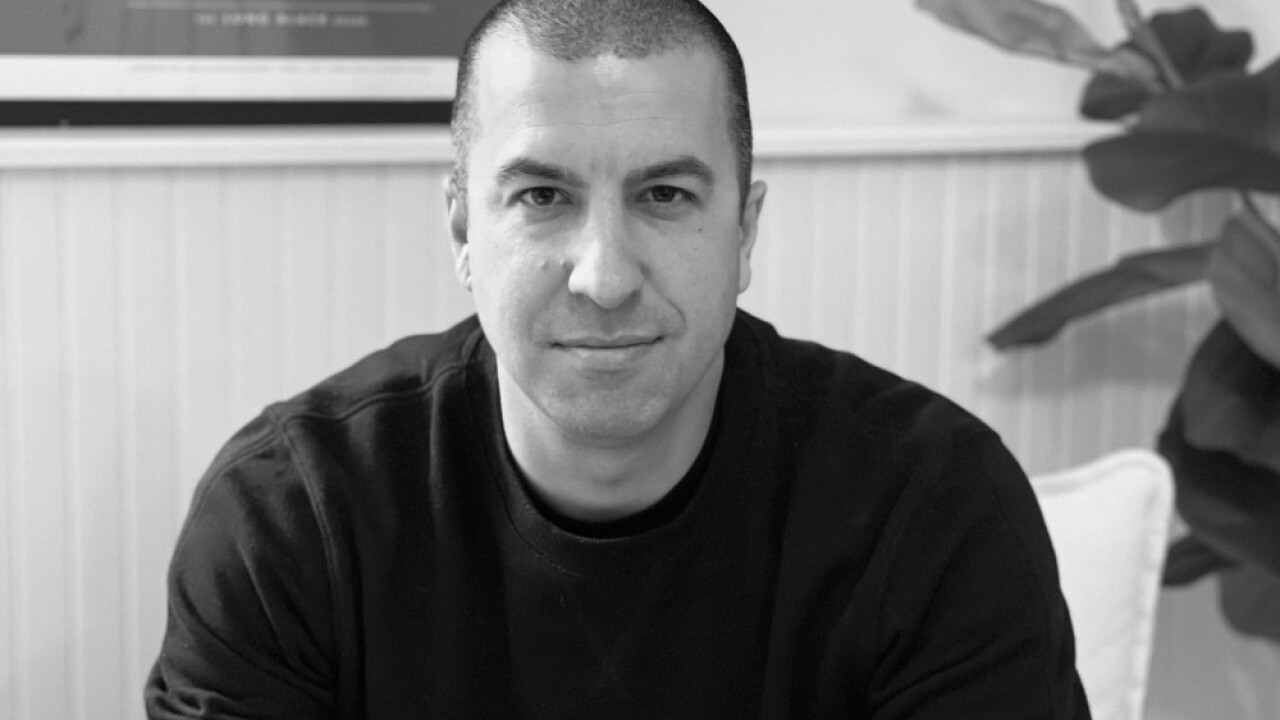-
Jacksonville Bancorp (JAXB) in Florida announced Monday that its president and chief executive, Price W. Schwenck, has retired and that its board has named veteran banker Stephen C. Green as his successor.
June 19 -
Jacksonville Bancorp (JAXB) in Florida has sold roughly $25.1 million of troubled assets and completed its previously announced $50 million capital raise.
December 31 -
Promontory's connections and expertise turned the consultant into a private sector regulatory proxy. But those same strengths put the firm in the crosshairs after its role in the failed foreclosure review process and controversial work for MF Global and Standard Chartered.
March 15 -
The chief executive and three directors of Atlantic Coast Financial (ACFC) are leaving the company after shareholders rejected a proposed sale to Bond Street Holdings earlier this month.
June 21 -
Jacksonville Bancorp is preparing to offer shareholders the right to buy $5 million of stock. The $565 million-asset company said Friday that it will give shareholders the right to buy stock for 50 cents a share, the same pricing of a $50 million private placement in that concluded last December.
April 26
Jacksonville Bancorp (JAXB) soldiers on despite another setback.
The $520 million-asset company, which had its stock delisted by the Nasdaq last month, disclosed Tuesday that Stephen Green had resigned as president and chief executive after a year on the job.
Upheaval seems to be a recurring theme in northeastern Florida. Earlier this month, a big shareholder
Such turmoil could benefit Jacksonville Bancorp, insists John Rose, a principal at CapGen Financial Group, the company's biggest investor. He downplayed Green's departure, saying the move had been planned "for some time."
"It wasn't a sudden thing," Rose says. "We needed a CEO to step in, on an emergency basis." Green "had a lot of industry experience, but he's 64 and he just wanted to go home."
Two years earlier, CapGen, a private equity fund created by Eugene Ludwig, former comptroller of the currency, made a large investment in the company. Ludwig, CEO of Promontory Financial Group,
Individual investments by Ludwig and Rose are intertwined with the institutional investment, to the point that CapGen controls about 69% of the company.
Ludwig did not return a call seeking comment.
Green's departure prompted the company to name Donald Glisson interim principal executive.
The switch is not a sign of problems, Rose says. While the company's "turnaround is always slower than you'd like it to be," he says that things are "going in the right direction."
Excluding $31 million in preferred stock dividends, Jacksonville Bancorp eked out a $199,000 profit in the first quarter.
"We've come back to a profitable position and we expect to be profitable for this year," Rose says.
Jacksonville Bancorp was hit hard by the real estate downturn that altered Florida's banking landscape. Nearly a tenth of the company's assets were nonperforming at the end of 2011. About 5.8% of total assets were nonperforming on March 31, reflecting successful efforts to sell $25 million in troubled assets.
CapGen is working on a
"We previously
Once those moves are completed, the company should be ready to take advantage of the area's economic recovery, Rose says. It is one of Jacksonville's biggest community banks, holding 1.1% of local deposits, based on June 2012 data from the Federal Deposit Insurance Corp.
"There aren't that many local banks left in that market," says Bill Massey, a shareholder at Saltmarsh, Cleaveland & Gund.
"As the market improves, we'll grow stronger," Rose says. "Our position in the market is solid."




